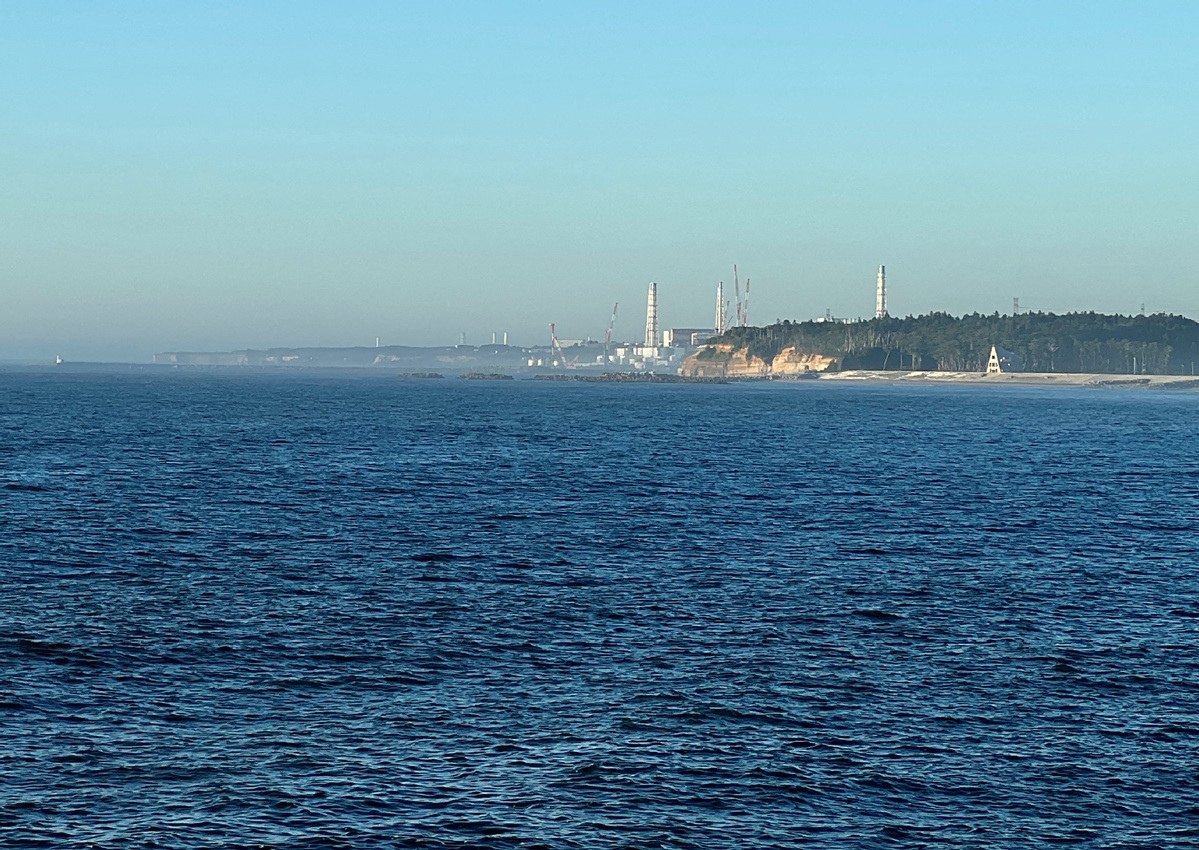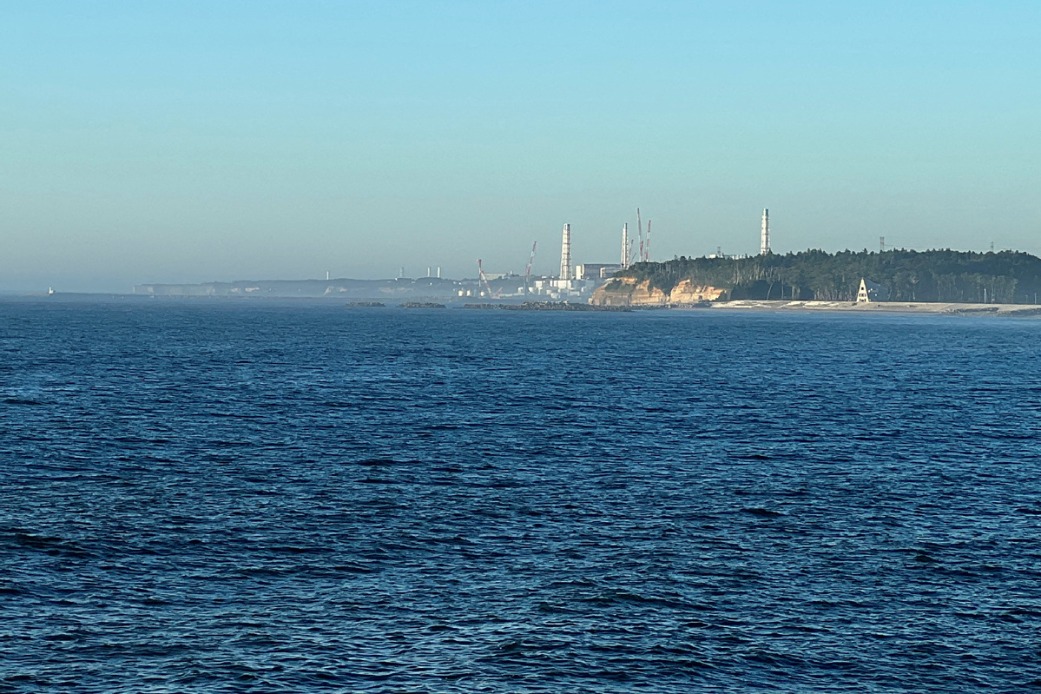Science, and science only, is the sole criterion


Recently, some Japanese media sources reported that China's independently collected samples of Fukushima nuclear-contaminated water have tested "qualified" and "proved to be safe". Some also speculated that China will soon resume imports of Japanese aquatic products. But is it true?
Previously, Chinese Foreign Ministry spokesperson Mao Ning clearly stated at a press briefing that after China starts participating substantively in the long-term international monitoring and once the independent sampling and other monitoring activities are carried out, China will begin to adjust relevant measures based on scientific evidence and gradually resume imports of Japanese aquatic products that meet the regulation requirements and standards. This is consistent with the agreement reached between China and Japan last September. On December 25 last year, member of the Political Bureau of the CPC Central Committee and Minister of Foreign Affairs Wang Yi reiterated China's opposition to Japan's?discharge of nuclear-contaminated water during talks with Japanese Foreign Minister Takeshi Iwaya, stressing that Japan should fulfill its international obligations and commitments to China, establish a long-term international monitoring mechanism, and?allow independent sampling and testing by China.
As those statements indicate, it is quite clear that China's opposition to Japan's discharge of nuclear-contaminated water into the ocean has not changed, and China's position remains based on the principles of science, facts and prudence when it comes to resuming imports of Japanese aquatic products. Chinese experts have independently gathered seawater samples near the Fukushima Daiichi Nuclear Power Station. Chinese Foreign Ministry spokesperson also said that specialized research institutions in China are conducting rigorous and independent tests as well as analysis, and relevant progress will be made public in a timely manner. According to relevant reports, on December 18 last year, experts from China and Japan held the third technical dialogue in Beijing, the theme of which was still the long-term international monitoring arrangements and independent sampling monitoring arrangements for China and other relevant countries. It is not difficult to see the importance China attaches to this issue.
The resumption of imports of Japanese aquatic products will only be possible if Japan fully fulfills its commitments plus the long-term international monitoring and China's independent sampling and testing are carried out, and when there is sufficient scientific evidence to attest to the safety of Japanese aquatic products. Everything must be based on science and facts. It is too early to talk about resuming imports of Japanese aquatic products before any scientific conclusions are reached. Moreover, the discharge of Japan's nuclear-contaminated water into the ocean will last over 30 years. From a scientific point of view, the significance of a single test is limited. It is more important to carry out long-term and continuous monitoring, to convince and reassure the people of Japan's neighboring countries.
The Japanese media follow extremely closely the progress of the negotiations between China and Japan, especially on the resumption of Chinese imports of Japanese aquatic products. When China and Japan reached an agreement last September, Japanese media reported intensively that "China is about to resume imports of Japanese aquatic products". In fact, the key to the solution lies in Japan's hands. If Japan wants China to resume importing its aquatic products, it must present convincing scientific test results and effectively respond to the legitimate and reasonable concerns of China and other relevant countries. China will draw the conclusion based on sufficient independent sampling and scientific analysis and make policy adjustments accordingly. The process should be rigorous, orderly and able to stand the test of history.
The Chinese market is open. As long as Japanese aquatic products meet the regulation requirements and standards, China will naturally adjust relevant measures in accordance with international trade rules and domestic laws. For Japan, what matters is to demonstrate sincerity and take responsible action and let science, data and facts do the talking. What is expected from Japan is full cooperation and facilitation for long-term international monitoring and independent sampling and monitoring by relevant countries. It is important for Japan to make every effort to reduce the negative impact of the discharge of nuclear-contaminated water and take effective measures to ensure the safety of its exported aquatic products.
The author is an observer of international affairs.
The views don't necessarily represent those of China Daily.
If you have a specific expertise, or would like to share your thought about our stories, then send us your writings at [email protected], and [email protected].


































